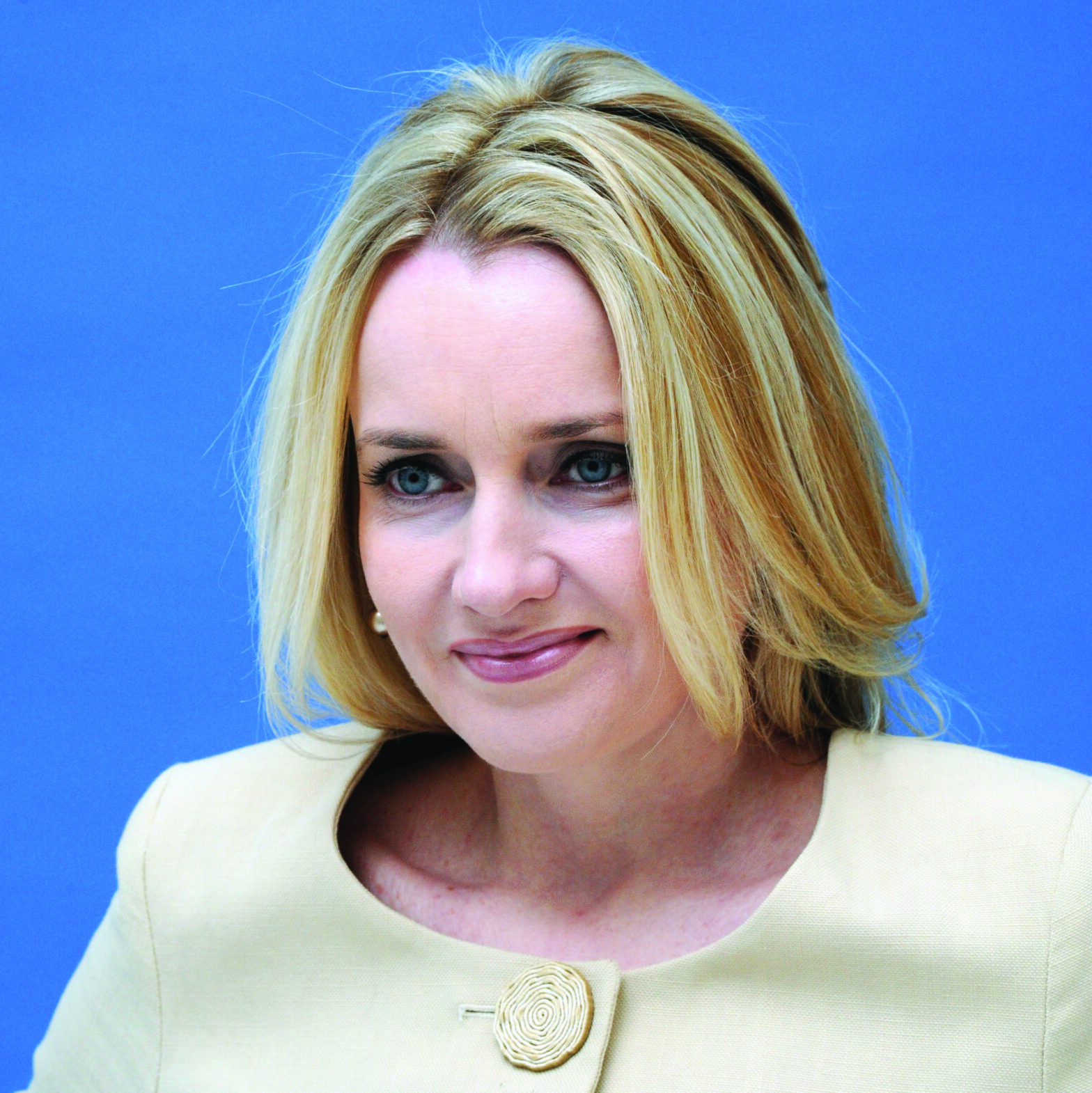Julie Meyer puts much of her success down to her father. A ‘very conservative, traditional gentleman’, he nevertheless instilled in Meyer the idea she could do whatever she wanted.
She’s gone on to prove him right. After making her fortune with the sale of networking organisation First Tuesday in 2000, she set up Ariadne Capital, which invests in and advises young internet companies. She is also one of the two ‘dragons’ in the recently launched online version of BBC show Dragons’ Den.
Listening to pitches from ingenious but inexperienced contestants in the Den is a far cry from her involvement with global leaders such as telecoms innovator Skype and voice-to-text specialist Spinvox, but she’s enjoying the ride.
‘In Dragons’ Den I see a different kind of entrepreneur, with smaller, quirkier ideas. Often it’s a smaller opportunity, there is something clever about it but they are not thinking globally, but that’s fine,’ says Meyer.
The programme is, after all, a showcase for the spirit of ‘individual capitalism’ which Meyer believes is driving a revolution in business. ‘The big corporations are never going away, but they are being downsized. In the banking world, I’m seeing the rise of the boutique, often set up by people who leave or get laid off from large firms. In the music industry, you’re seeing record labels being massively downsized, and their functions moving to new music start-ups. Industries are being reshaped,’ she proclaims.
Unashamedly intellectual, Meyer throws out big ideas as other people do smalltalk, a contrast from the carefully composed demeanour she displays in the Den. It’s no surprise to hear that she has several ‘works in progress’, one of which appears to be inspired by her relationship with her father.
‘I’m working with some people to develop a model to create a virtuous circle of fathers investing in their daughters,’ says Meyer. ‘It sounds strange to some people, but for girls growing up, their relationship with their father is a strong indicator of how confident they’ll be in later life and whether they see themselves as a long-term asset, to use the language of finance.’
So far there is little indication of how such a model might work, but Meyer believes building on such supportive father-daughter relationships is the key to creating more female entrepreneurs.
‘Men can act all sorts of different ways around women,’ she says. ‘But even the most unreconstructed man – someone who treats his female PA really badly, who may really not be a nice person – will get angry if his daughter is mistreated or not given the opportunities she deserves.’
On the under-representation of women in boardrooms, Meyer’s views are clear-cut. ‘Men would choose more women to be non-executive directors if, fundamentally, they thought it was in their interest. For whatever reason, they don’t feel that way. You have to address the source of that perception before you can begin to deal with the problem.’
That said, the battle has to start with women themselves. ‘I think there is a huge thing to be done in getting at girls early, developing their self-confidence so they believe they have a unique contribution to the world and think of themselves as an investment opportunity,’ says Meyer.
It’s not about the money
Somewhat ironically for a Dragon and a venture capitalist, Meyer talks down the importance of capital in building great businesses.
‘When I was 25 and living in Paris, a friend said to me, “Never don’t do something because you don’t have the money.” It took a while for me to digest that. I had no money at 25 and no idea of the process by which I would get any.
‘What he meant was, if you are focused enough and work hard and want to see something happen, the money will find you. Money follows ideas – not the other way around.’
Lacking persistence, drive, or the ‘killer instinct’ is a much greater handicap than lack of finance, Meyer believes.
‘It’s the people with ideas who are the real heroes, the prime movers,’ she insists. ‘With the greatest respect, the money providers are just that: they are bringing the money, not creating the value.’
You have to wonder what some of Meyer’s fellow Dragons would make of that.






